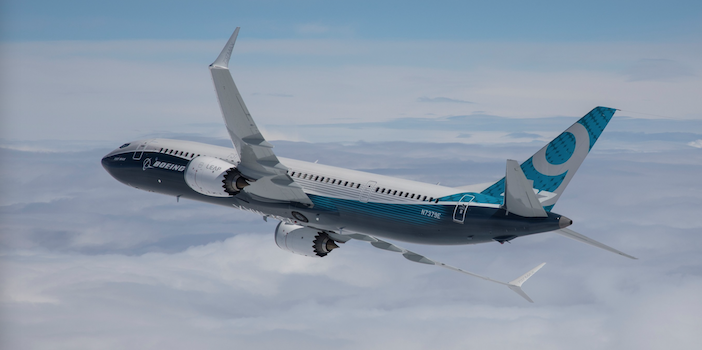The aviation industry is under pressure, and in the spotlight. Defective parts, late orders, internal organisational problems: these are just some of the global challenges the industry faces.
The numerous failures encountered on American giant Boeing’s aircraft highlight the urgency of quality control. Boeing forms the exception rather than the rule, as the component failure rate in the aerospace industry is at its lowest in the past 50 years.
Quality failures are the result of the interplay of multiple factors that can be avoided through rigorous quality control and inspection. This process entails numerous rounds of testing, and stringent evaluation of pieces and processes alike, reducing the possibility of failure.
Such concerns are not limited to Boeing, or even to the aerospace sector – they extend to other players in transportation such as automotive manufacturers and rail operators. This is a consequence of increasing supply-chain fragmentation, as well as an increasingly pronounced shortage of qualified personnel in the sector, post-pandemic.
While AI and Industry 4.0 can help alleviate this shortage, it is no replacement for the proper training of junior personnel, so that they rapidly learn the requisite skills to support the evolving rhythm of the sector.
As manufacturers pick up the pace, and eagerly adopt new tools and technologies such as AI and Machine learning, what must they guard themselves against to maintain high quality throughout every stage of production?
An industry under pressure
Persistent shortages of labour, materials and components are causing disruptions in the aviation industry’s supply chain. This is having tangible effects on manufacturers’ production schedules as demand continues to rise. Consequently, this complex scenario has led to a decline in quality standards during the assembly process. The most important question now is how to establish a resilient supply chain with a maximum safety margin to avoid critical problems.
Trigo Group also recently published a white paper on this topic. Download the white paper
About the author
Emmanuel Marquis is Executive Vice President of the aerospace branch of Trigo Group, an expert in quality control in transport. An engineer graduated from the École Centrale Supelec, he built his career in the defence sector, first in operations, and then in commercial development and marketing.





